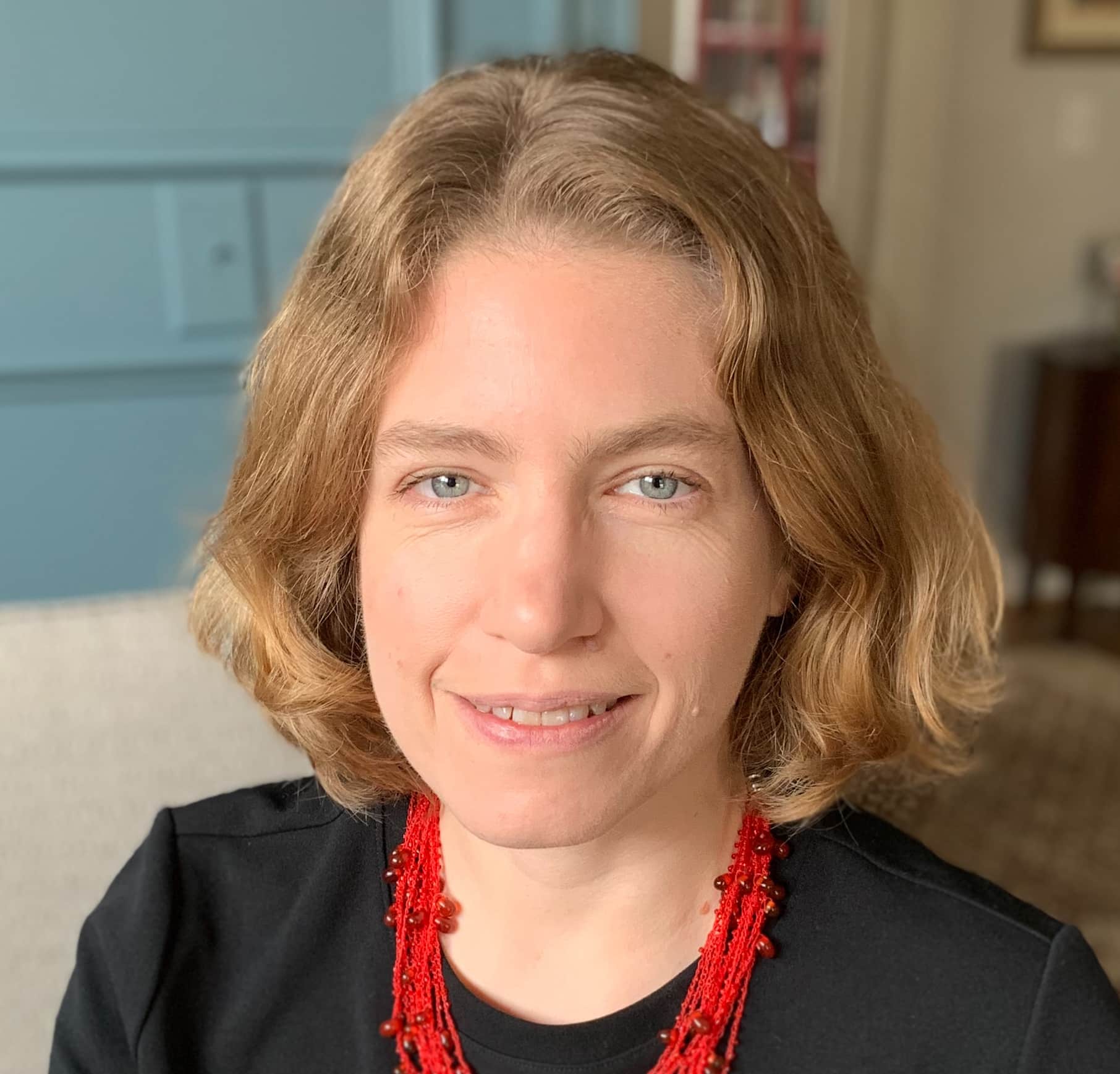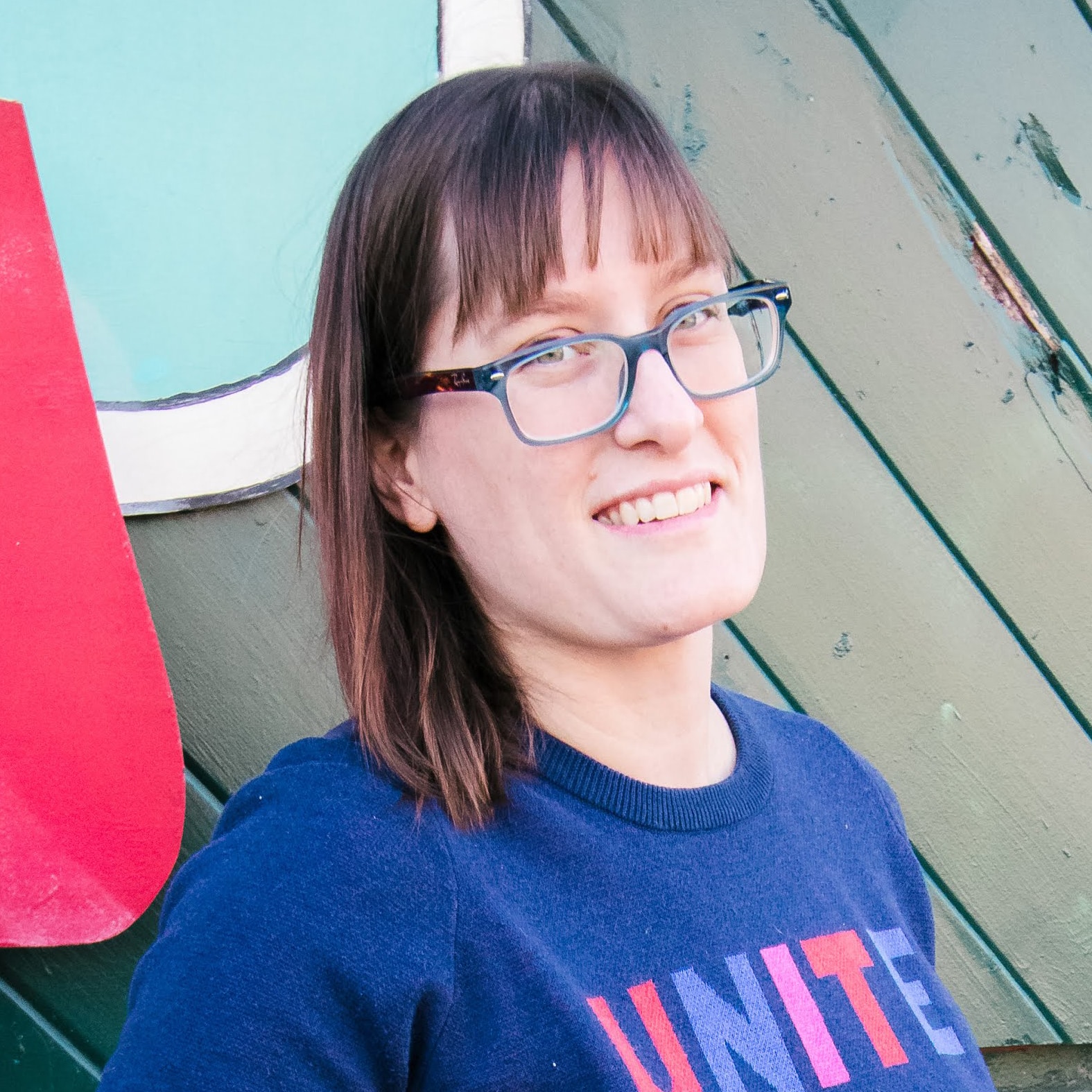After a tiny lump on his tongue quickly swelled to the size of a golf ball, Chicago singer Hector Nuñez found himself sitting in a doctor’s office. The news was life-altering: He had an aggressive form of tongue cancer. To treat it, he would lose his tongue with no hope of rehabilitation.
No tongue would mean no singing, no talking. For the self-described people-person and longtime barber, retired pastor, and talented vocalist who once crossed paths with Prince, a quiet life was unimaginable.
“If I couldn’t communicate with my wife or my kids or my grandkids, I would rather be dead. Honest to God,” says Nuñez, 69.
So, like a growing number of Americans, he sought a second opinion. According to a 2021 Gallup poll, 35% of U.S. adults say it’s necessary to seek out second opinions or do their own research before following the advice of their doctor, up from 29% in 2010.
For Nuñez, that second opinion made all the difference. At City of Hope Chicago, doctors told him that they could remove the tumor and reconstruct his tongue. Seven years after his original diagnosis, he shows no signs of cancer and has been releasing new songs on his YouTube channel, Hector Nuñez Oficial.
“The second opinion is a good thing,” he says. “It does give us a peace of mind. Imagine if I would have gone with the first option.”
Empowered and confident
As second opinions grow in popularity, research confirms the benefits. A 2021 Mayo Clinic study found that getting a second opinion cuts the rate of misdiagnosis by half, and a third opinion cuts it even further. The American College of Surgeons encourages them when a patient has doubts about a recommended operation.
“Second opinions are very useful if they’re used appropriately,” says Alan Wan, MD, an oncologist at Northwestern Medicine Huntley Hospital. A second look from a leading expert, who specializes in a specific cancer or disease at a university-based medical center, for example, can flag new treatment options or guide patients to clinical trials that other doctors might not be aware of, Wan says.
Wan adds that people should seek a doctor whose communication style and treatment philosophy matches their own. Some doctors are more communicative and flexible; others are more stringent in how treatment guidelines are followed. “Everybody has a different communication style, and doctors innately have different personalities,” he says.
Connection was important for Nuñez. Unlike the doctors that originally diagnosed him, Nuñez clicked with his treatment team at City of Hope Chicago, which included a medical oncologist, an otolaryngologist, and a plastic and reconstructive surgeon. “The care and how they treated me — I felt like a part of a family,” he says.
And seeking out second opinions — whether it confirms the original diagnosis and treatment plan or guides people to new options — gives patients confidence in their decisions at a time when so much feels out of control for them. “It makes them empowered to say, ‘I went out, did my research, and this is the path I want to take,” says Karan Shah, MD, a radiation oncologist at City of Hope Chicago.
Timing is everything
As people grapple with a scary diagnosis, they also should be careful not to delay treatment for too long, especially for rapidly worsening health conditions, experts say. Shah recommends a second opinion — and sometimes a third as a tiebreaker if the first two differ — before people decide how to proceed.
“You can waste a lot of time when you’re shopping around for different opinions,” Shah says. “And now you’re months into a diagnosis, and you haven’t made a decision. That could backfire.”
For Nuñez, the decision to move forward with tumor removal and tongue reconstruction was easy. And, while the recovery, which included speech therapy, proved challenging, he’s thrilled with the outcome.
Now a retired pastor, he still remembers the faces in the congregation when he sang again for the first time at church — so joyful to see his recovery and hear him singing, some were even crying.
“I’m like a kid in a candy store,” he says. “I’m 100%. And I’m grateful that I’m able to talk to people and share my story. I’m really good.”
How to tell your doctor you’re getting a second opinion
By Jennifer Billock
I parted from my longtime eye doctor earlier this year. It’s not that I didn’t want to see him anymore — I’d been going to him for eye care since I was 8 years old — but I’d moved and needed to find someone new. I felt guilty, as if I was cheating on him.
And that’s just for a new location-based doctor. I can’t imagine what it would have been like to tell him I wanted a second opinion on something he’d diagnosed.
But second opinions are a normal, and healthy, part of the healthcare process. If you do need a second opinion, you might be wondering the best way to tell your doctor that you’d like to double-check their work. Teri Dreher, a registered nurse at North Shore Patient Advocates, suggests simply being polite and honest.
“Doctors are used to having people get second opinions, especially for something serious like a surgery,” she says. “It’s not the old days, when you felt like you were breaching some kind of family trust. People need to go where they feel a strong connection with the doctor that’s going to be in charge of their care.”
Dreher suggests using phrases like, “This is a big decision; I’m going to have to think about it.” Or, “Would you have any objections if I thought about this some more and got a second opinion?”
The vast majority of the time, your doctor will not only be amenable to the idea, but they’ll also give you some suggestions for other respected physicians in the field to contact.
If they instead give you guff about wanting that second opinion? Use that as extra motivation to get one.
“That’s a red flag,” Dreher says. “Keep your dignity, smile, listen, and don’t respond. If the doctor gives you attitude about it, that’s confirmation that you need to go someplace else.”
Originally published in the Spring/Summer 2023 print issue.

Sarah Lindenfeld Hall is a longtime journalist, specializing in aging, parenting, caregiving, health, and business management topics.

Jennifer is an award-winning writer and bestselling author. She is currently dreaming of an around-the-world trip with her Boston terrier.










